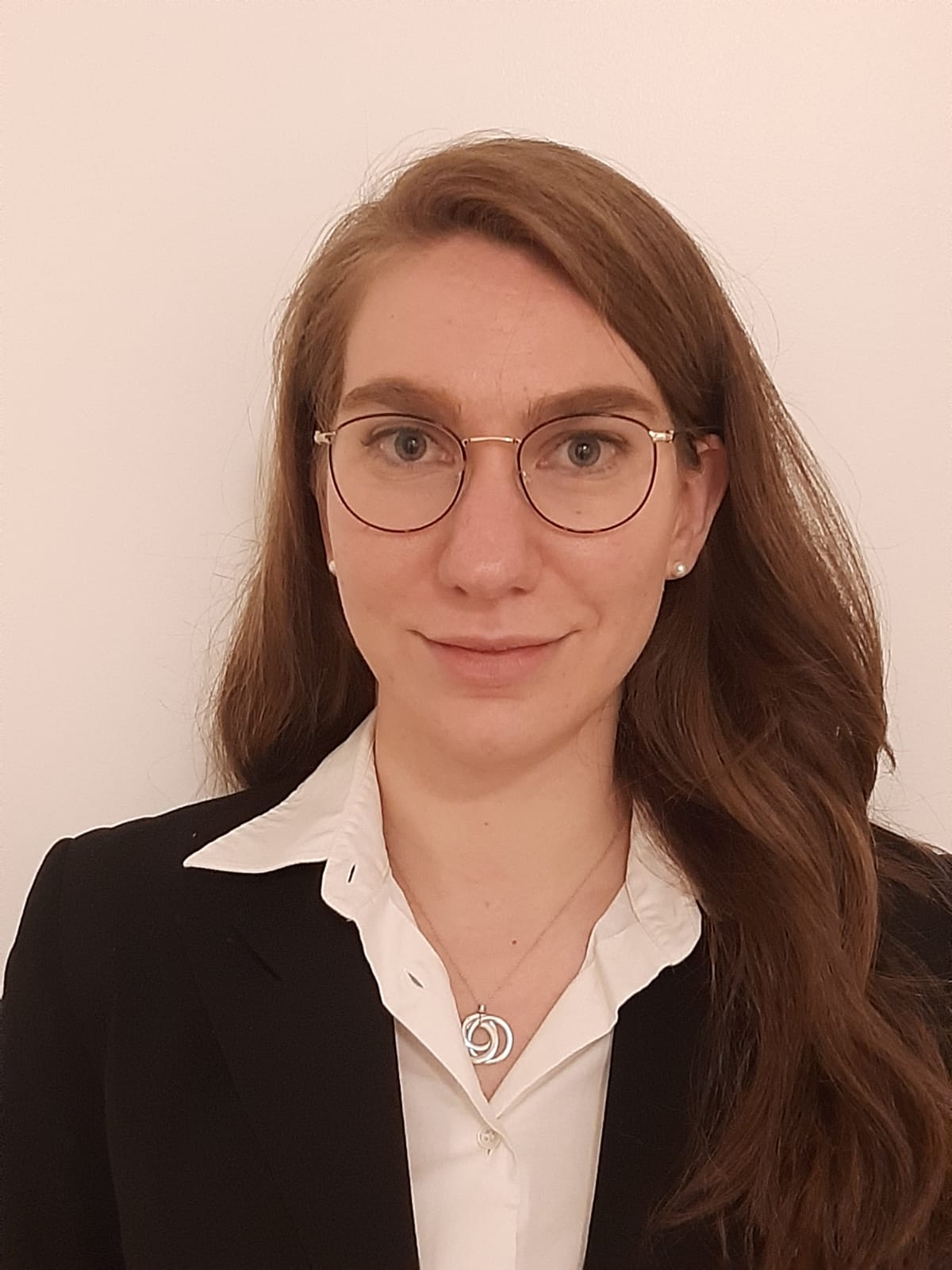“Now I understand that there are two melodies playing, / One below the other, one easier to hear, the other / Lower, steady, perhaps more faithful for being less heard / Yet always present” (Annie Lighthart, The Second Music). Two melodies in concert—one heard, the other felt. Both essential.
The first is the descant, principally heard. It is the melody that all instruments listen to for guidance and then accompany in tandem. Its role is to provide direction, to lead the music towards its aesthetic duty. While the first is integral to my identity, as a violist I am far more familiar with the beauty of the second melody. This is the harmony, the core of what is felt. It is the backbone of a piece, commanded by the supporting players. When I first chose my instrument, I was warned that violas never get the spotlight, that we rarely receive recognition. But that was the crux of its appeal. While I have always been drawn to the majesty of the theater, it was never the actors onstage that gripped me—it was the pit orchestra. It was the faceless musicians under the stage who are never seen, not even predominantly heard, but overwhelmingly felt. That is where I wanted to be. I value this role, the vitality and subtlety of its presence.
Medicine is a direct reflection of this dualism—both melodies delicately balanced and tactfully performed by the doctor. This became most apparent to me the day I met Adam, a young boy from Northern Africa who recently immigrated to the Netherlands with his parents. Adam was diagnosed with Tuberous Sclerosis and had an appointment to see Dr. Kaspers, a prominent pediatric oncologist and my principal advisor during my Fulbright Fellowship in Childhood Cancer Research. Upon arriving to his outpatient office in Amsterdam, Dr. Kaspers informed me that we were seeing a family with a “compliance issue.” Adam’s medical record documented trial after trial of prescribed medications which the parents repeatedly refused to administer to him. After the family settled in his office, Dr. Kaspers invited Adam’s father to share his concerns—albeit in Dutch. From this moment onwards I was essentially muted from the conversation’s content, and I could only watch the interaction unfold.
Dr. Kaspers first led with the expertise of his role, pointing to the computer screen which listed a series of side effects that accompanied the most recent medication in question. Suddenly aware of my positionality, I turned to Adam. He and I were bonded by our ignorance of the conversation—for me due to a language barrier, and for him due to his young age. I noticed that his eye caught a small keyboard lying on the table beside me, and I handed it to him. He tapped the keys at a low volume, and together we started to whisper a song about numbers—I in English, and he in Dutch—motioning each digit to each other with our fingers. Several minutes in, his father broke from the conversation, turned to us and smiled. The room burst into applause when the song finished and Adam, now beaming with pride, pulled his chair a little closer to mine. At this point, the father regrouped and began speaking in broken English—a subtle gesture that kindly welcomed me into the conversation. “I feel that I must confess something to you. When Adam was born, the doctors put wires on his head. They said they needed to monitor his brain. I did not stop them, and I think something entered my child.” “Entered?” Dr. Kaspers questioned. “Yes, a negative energy. It is my fault. I cannot take responsibility for anything else that will harm my son.”
There are moments in the provision of care where physicians lead. They possess the expertise that equips them with the ability to guide, advise, and impart their wisdom towards directing patient care. But there are other moments, more nuanced and understated, where the physician may step back. Some of the most important work of being a doctor is found in this second music. From our poignant encounter I learned that in understanding the person within whose life story we have entered, clinicians re-center the medical narrative on the patient and family. In doing so, we remove ourselves to the best of our ability and bring the patient’s voice to the forefront. Sitting before us was not a “noncompliant” father, but one who was overcome by guilt. In hearing the second music, Dr. Kaspers was able to relieve Adam’s father of a burden he had carried for the duration of his son’s life. This attribute of the doctor is steady in quiet competence, present with a strength in reservation, and faithful to honoring the elements of care that are often less recognized. It is the source of the more powerful element of healing, essential to establishing trust that the preservation of one’s dignity is paramount.
As a doctor I will forever return to my instrument’s purpose. Though many people hear only the first melody, I know to bring a trained ear to the profession, one that will allow me to hear the second music in tandem with the first and use it to improve patient quality of life as a measure of treatment success in pediatric oncology care. It is an extraordinary kind of listening, one that I have been training for my whole life. It is for this reason that I would cherish the honor of becoming a physician.

Comments